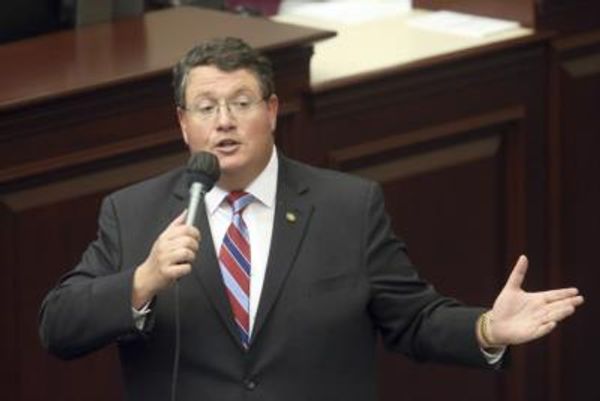Swansea Council spent more than £4,000 a night putting homeless people and people at risk of being homeless up in bed and breakfast accommodation last year.
The £1.5 million expenditure in 2020-21 more than trebled the £472,658 figure in 2019-20, reflecting a multi-pronged approach to give people a roof over their head during the Covid pandemic.
The authority has clawed much of the money back from the Welsh Government but this Covid hardship funding for councils ends on March 31.
READ MORE: 'Kind and gentle' former rugby player died after battle with alcoholism
One person stayed in bed and breakfast accommodation in Swansea for 545 nights but it was, according to the council, an exceptional case.
The figures provided were in response to a Freedom of Information request from the Local Democracy Reporting Service, which asked for bed and breakfast, guesthouse and hotel costs for 2019-20, 2020-21, and the first six months of 2021-22.
The council said figures weren't available yet for the first six months of 2021-22, but went on to reveal that the highest cost of accommodating an individual or family in all types of temporary accommodation in 2019-20 and 2020-21 was £27,250.
The longest stay for a family in bed and breakfast, guesthouse and hotel accommodation was 14 nights.
There were 103 people being put up in such accommodation in Swansea, as of November 2021.
It is expected that temporary accommodation costs for those in need will also be higher in 2021-22 than historically.
A council spokesman said the authority was committed to providing homeless people with a place to stay, and that bed and breakfasts played an important role.
"It is only a starting point and, in the vast majority of cases, those who’ve needed a bed and breakfast are quickly found suitable permanent homes with support appropriate to their needs," he said.
The council has set up two housing projects which support people with complex needs as well as providing a roof over their head.
The spokesman added: "The demand for bed and breakfasts is a reflection of rising need for services during the pandemic, particularly for people with mental health issues, substance misuse, a rise in domestic abuse and relationship breakdowns and, of course, the inevitable economic impacts facing many individuals and families."
Councils claw back a proportion of their homelessness expenditure via housing benefit.
In 2019-20, Swansea Council reclaimed £161,293 of its £472,658 outlay this way.
In 2020-21 it clawed back £341,186 of its £1.5 million expenditure via housing benefit - and was also handed £800,725 by the Welsh Government.
This meant the net cost to the authority was £360,693, not a vast difference to the £311,365 in 2019-20.
The Welsh Government confirmed the local authority hardship fund was ending next month, but said it had allocated more than £190 million for homelessness prevention and housing support in Wales in its draft budget for 2022-23 - plus £310 million for social housing.
A spokeswoman said its housing strategy for those in need had helped 17,000 people since the started of the pandemic.
She added: "We have made £10 million available to local authorities for the costs they would have previously claimed from the hardship fund, as we move towards a rapid re-housing approach."
The Wallich, a homelessness and rough sleeping charity which operates in Swansea, said there were around 15 to 25 rough sleepers in the city before the pandemic.
The situation now, it said, was much better but numbers were creeping back up. It is currently helping around 10 people, but said many others were sofa-surfing.
One of its services in Swansea is the 24-bed Ty Tom Jones hostel on Alexandra Road, which it delivers jointly with the council and the charity Caer Las.
The Walllich said temporary accommodation had its place, but added that a lack of affordable housing was creating a bottleneck further down the line.
"We rely heavily on helping the people into privately-rented properties, which we know the prices of are absolutely sky-rocketing," said a spokesman for the charity.
"Getting the deposit and first month's rent together has become more challenging.
"We would like to see the development of affordable housing take priority over the further development of high-end, exclusive properties and premium student accommodation."
Providing mental health and other support, he added, continued to be key.
What do you think about this story? Leave your thoughts in the comments below







